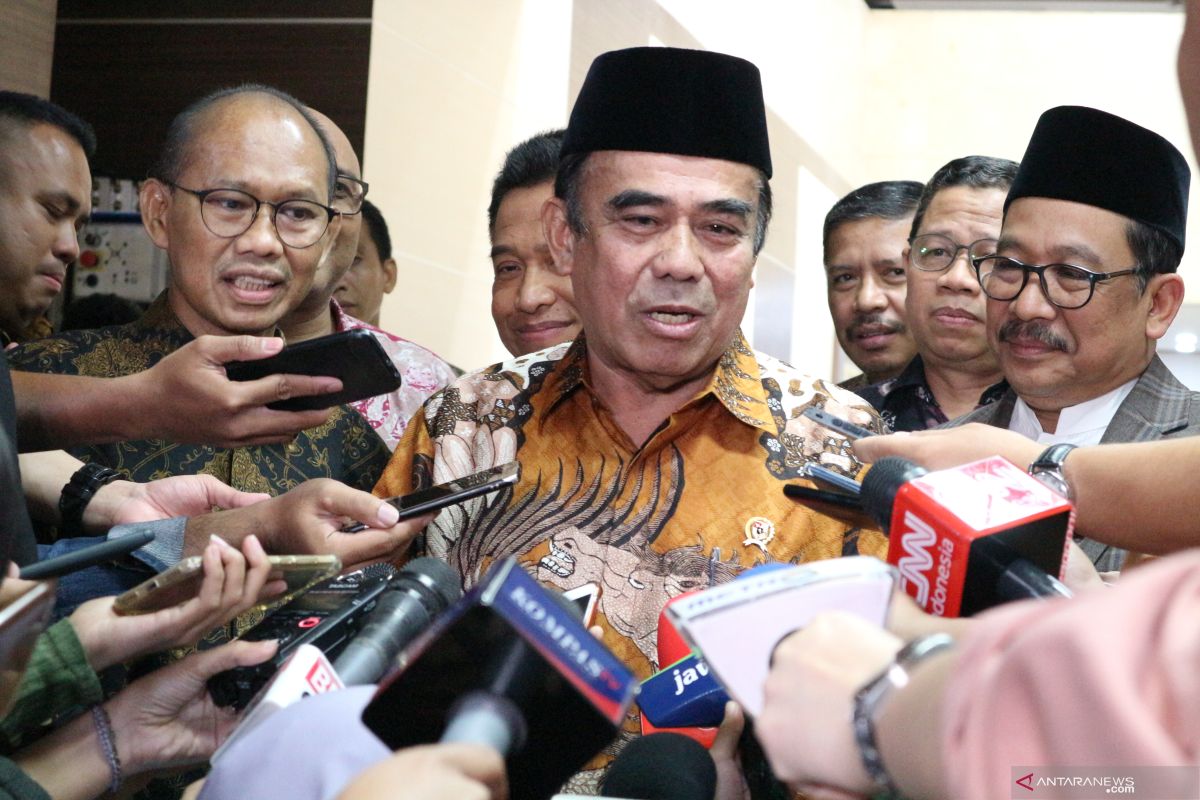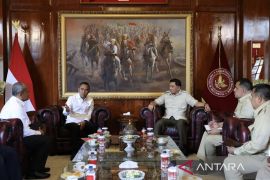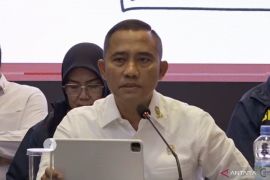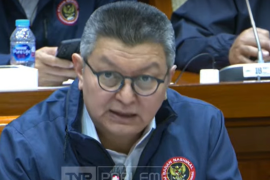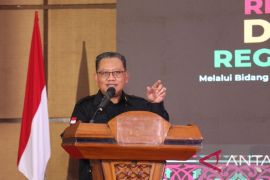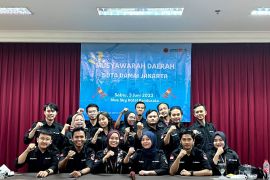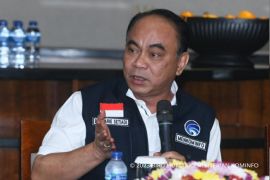However, he would not halt any government agency and other institution keen to ban its employees from wearing niqabs or the cloth that several Muslim women wear to cover their whole face except the eyesBogor, W Java (ANTARA) - Religious Affairs Minister Fachrul Razi has become a popular member of President Joko Widodo's Indonesia Onward Cabinet after his controversial statement on banning anyone wearing a niqab from entering the government’s offices for security reasons. CNN Indonesia quoted him on October 31 as having said that he would study the possible move and incorporate the ban in the religious affairs minister's regulations.
He later reversed his statement while speaking at a plenary meeting with members of the House of Representatives (DPR) Commission VIII overseeing religious and social affairs Thursday, November 7.
However, he would not halt any government agency and other institution keen to ban its employees from wearing niqabs or the cloth that several Muslim women wear to cover their whole face except the eyes, Razi said.
This statement and the one he made on banning trousers worn a little bit above ankles by civil servants has sparked off a public discourse.
While introducing his new cabinet members on October 23, President Joko Widodo (Jokowi) had drawn the attention of the appointed religious affairs minister to the pressing need to tackle radicalism.
Muhammadiyah leader Haedar Nashir responded to President Jokowi's order to Razi by appealing to the retired army general, who had become the deputy commander of the Indonesian Defense Forces (TNI), to tackle radicalism carefully and measurably.
The issues of radicalism should not be labelled or directed against a specific religion, Nashir said while speaking to journalists on October 24 in Bantul, Yogyakarta Province.
The issue of radicalism is not just about religious matters but is also related to issues such as the state, and ideological, and social behavior, he argued.
Therefore, counter-radicalism measures that Razi wished to enforce should be measured and carefully implemented, he said. "It means, please do not judge that this is radical and this is not radical."
Many victims of extremely violent acts in Indonesia had nothing to do with religious extremism, Nashir stressed.
Vice President Ma'ruf Amin also commented on the discourse linked to the choice and manner of wearing clothing.
It was unrelated to radicalism and intolerance but was closely linked to the public's thought process and behavior, Amin, who also headed the Indonesian Council of Ulema (MUI), affirmed.
At present, a public debate is raging about intolerance and wearing trousers a little bit above the ankles. Radicalism and intolerance are related to how one thinks, behaves, and acts, and that should be corrected, he noted.
Amin's predecessor, Jusuf Kalla, had made a clear difference between being a fanatic and a radical.
Kalla, who was also head of the Indonesian Mosque Council, defined a fanatic as a person keen on implementing the sharia, and a radical as one who had crossed the "Wasathiyah," or line of moderation.
"Sometimes, it will be more destructive, if we are radicals," he noted when speaking at an event organised by the Association of Indonesian University Mosques in November 2018.
However, it does not matter if Muslims are keen to grow a beard or wear trousers a bit above the ankles, as long as they do not adopt religious radicalism for misaligned interests, Kalla said.
The basic arguments that Nashir, Amin, and Kalla made were on the clear understanding that radicalism had nothing to do with the people's wearing style and physical appearance.
Apart from this clear notion, Amin highlighted the need to eradicate the intolerant and radical thought and behavioral process to realize the Onward Indonesia Vision since disunity, radicalism, and intolerance could debilitate the nation and hinder the path to realizing the vision.
He drew a parallel between the Onward Indonesia Vision and an aircraft that must take off. Both, the government and nation should work in unison to prep it for take-off.
"To enable us to take off quickly, we must prepare a strong and solid runway. Thus, the gravel and muddy roads must be removed. If we fail to do that, it is impossible for us to take off," he noted.
Related news: VP Amin draws no connection between radicalism and people's clothing
Related news: Religious affairs minister urged to strongly tackle radicalism
Editor: Gusti Nur Cahya Aryani
Copyright © ANTARA 2019
